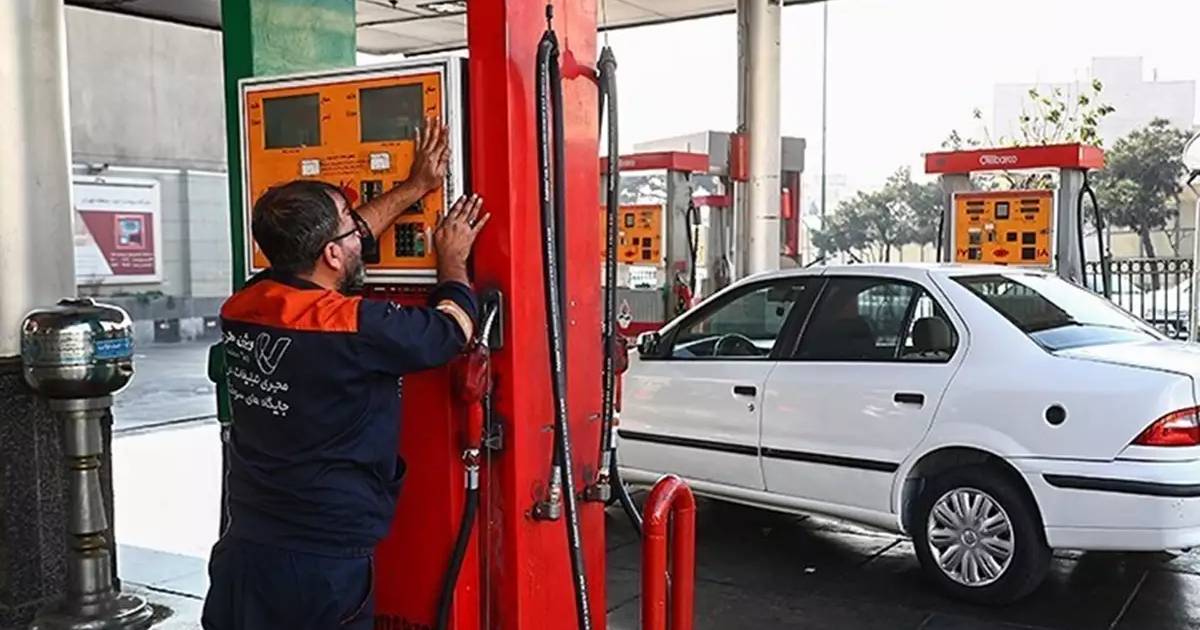
Similar Posts
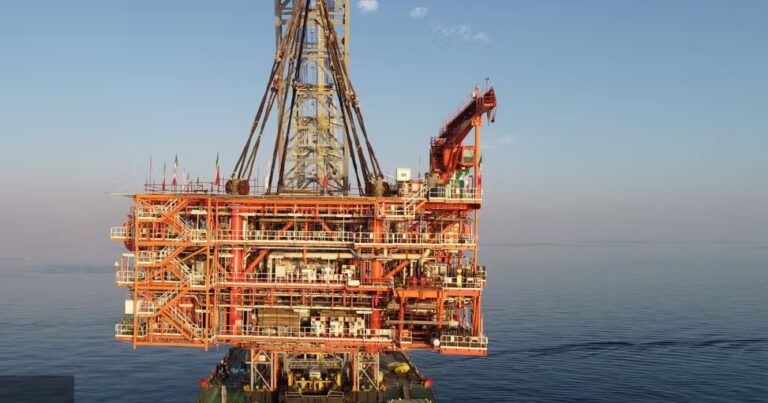
Iranian Official: Strengthening US Relations Crucial for Oil and Gas Industry Growth
Iran urgently needs $200 to $250 billion in investment to stabilize its oil and gas sectors, as emphasized by Arash Najafi from the Chamber of Commerce. International sanctions have hindered access to advanced technologies, critical for modernizing production. Najafi highlighted the necessity for investment in energy transmission, infrastructure, and technological advancements to utilize Iran’s resources effectively. With ongoing U.S.-Iran negotiations potentially impacting sanctions, there is cautious optimism for improved relations, which could attract multinational investments. Revitalizing the energy sector could stabilize Iran’s economy and reestablish its position in the global energy market.
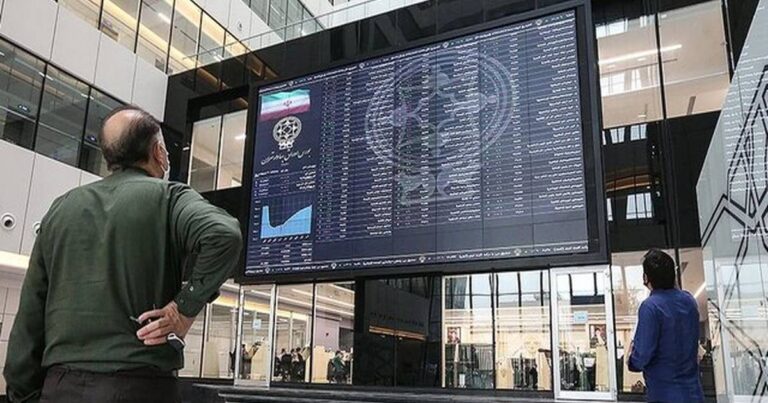
Iran’s Financial Markets Show Cautious Optimism Following Rome Talks
Iran’s financial markets are displaying a mix of caution and optimism after recent nuclear talks with the US, described as constructive by both sides. The Iranian rial has modestly strengthened, trading at around 830,000 per US dollar, while gold prices declined slightly. The Tehran Stock Exchange saw significant gains, with its main index rising over 2%. Despite this, many Iranians remain skeptical about any tangible benefits from the negotiations, fearing that any potential sanctions relief will not improve their daily lives. With one-third of the population living below the poverty line, public trust in the government is at a historic low.
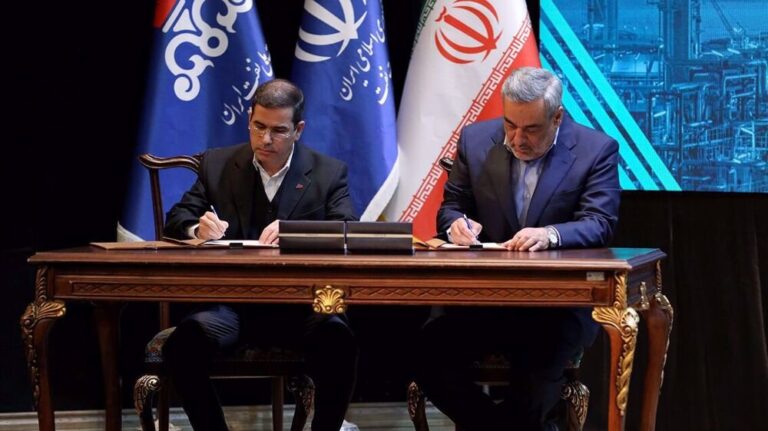
Iran Unveils $17 Billion Contracts to Intensify Development in South Pars Gas Field
Iran’s President Msoud Pezeshkian recently awarded contracts to four major energy companies for projects in the South Pars gas field, aiming to boost gas reservoir pressure. The initiative includes installing 42 giant rigs and 14 pressure-boosting platforms, with a projected increase in gas recovery from 54% to 75%. Approximately 70% of the equipment will be sourced domestically, fostering local economic growth. The project is expected to create 17,000 direct jobs and 50,000 additional jobs in the supply chain, potentially generating $780 billion in revenue. With operational enhancements, the field’s lifespan may extend by 20 years, benefiting Iran’s energy sector.
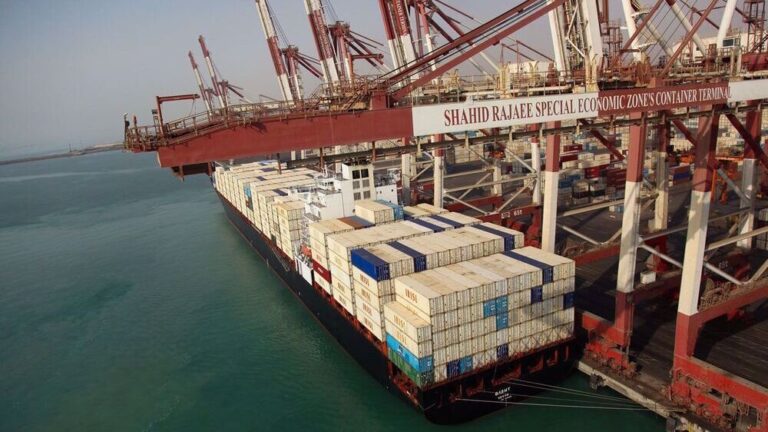
Iran’s IRISL Achieves Unprecedented TEU Activity Milestone
The Islamic Republic of Iran Shipping Lines (IRISL) reported a significant increase in TEUs handled this year, achieving an additional 100,000 TEUs despite US sanctions. Chabahar Port, Iran’s only ocean port, is set to handle nearly 100,000 TEUs by year-end, with projections for a 50% increase next year. IRISL has expanded operations to regional and international markets, including Russia and CIS countries, enhancing Iran’s maritime trade. Recent data shows a 12% year-on-year increase in TEU activity at Iranian ports, reflecting the country’s growing role in regional trade and its strategic position in the maritime sector.

GECF Leader Sends Heartfelt Condolences to Iran Following Devastating Port Explosion
The Gas Exporting Countries Forum (GECF) has expressed condolences following a tragic blast in Iran on April 26, which caused significant damage and casualties. Secretary General Mohamed Hamel communicated solidarity in a letter to Iran’s Oil Minister, emphasizing the forum’s commitment to supporting victims and their families. He highlighted the importance of international solidarity and cooperation among member states. The incident underscores vulnerabilities in energy infrastructure and the need for enhanced safety measures. Hamel’s message reinforces the collective responsibility of gas-exporting nations to unite during crises, stressing the significance of cooperation in ensuring energy security.
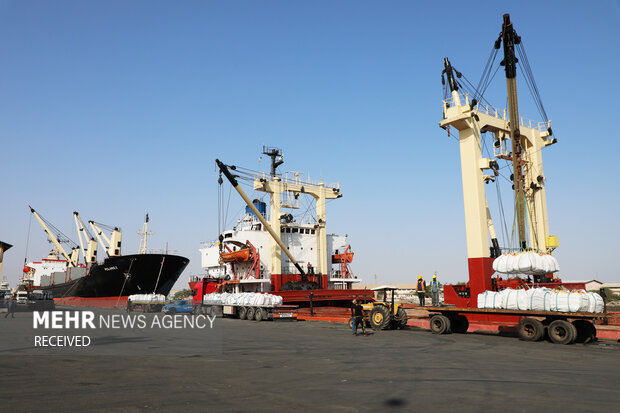
Iran-Uzbekistan Trade Soars: Exports Exceed $410 Million, Says Ambassador
In a recent meeting, Mohammad Ali Eskandari emphasized the competitive advantage of Iranian goods in Uzbekistan, highlighting the strengthening economic ties between the two nations. An Iranian trade center has been established in Uzbekistan to enhance trade opportunities, particularly in pharmaceuticals, where Uzbekistan meets 40% of its needs domestically. Collaborative efforts between the health ministers of both countries aim to elevate healthcare standards. Eskandari noted Uzbekistan’s strategic location and diverse market as key factors for trade growth. The discussions showcased mutual benefits and the potential for increased Iranian market presence, ultimately fostering economic development in both nations.